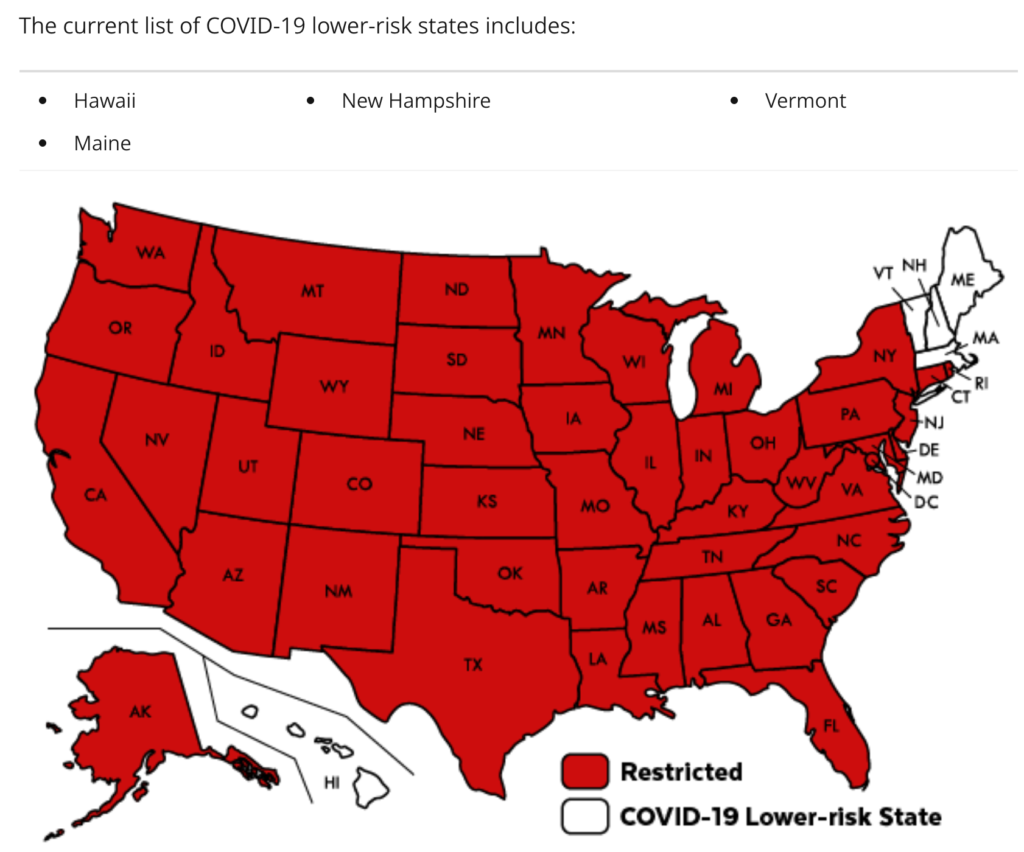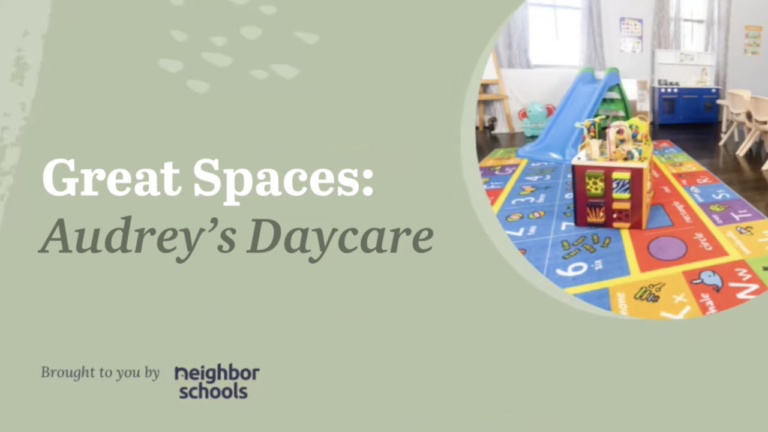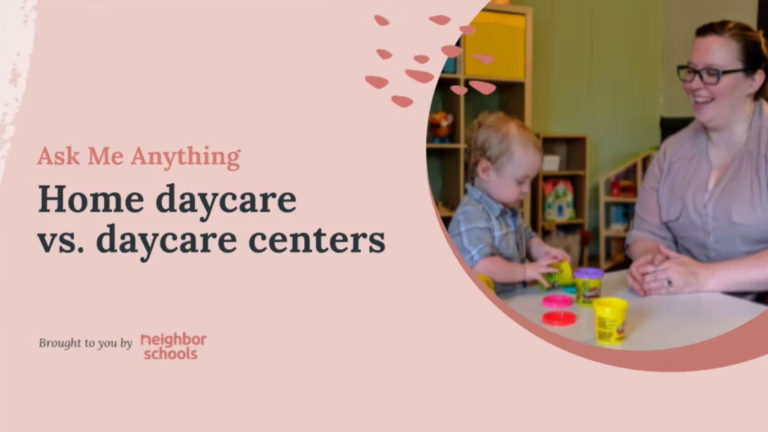Sending a letter stating your expectations and taking the advice below will set you up for a happy and no-stress holiday.
1. What’s the Massachusetts Travel Order and which states are “safe”?
Dr. Tapscott: The Massachusetts Travel Order is a mandate from Governor Baker that says visitors entering Massachusetts, including returning residents, must either quarantine for 14 days or produce a negative COVID-19 test result.
It applies to most states, but not all. Right now, only a few are “lower risk.” The mandate does not apply to those who travel to those states. But their status can change quickly, and for the latest information, you need to visit the state website here.


2. What does a family who travels to a non-lower-risk state have to do before their child can return to care?
DT: Any family who travels to a non-lower-risk state has to do one of these three things before their child can return to care:
- The adults in the travel party obtain a negative Covid-19 result from a test administered within 72 hours before they arrive back in Massachusetts.
- The adults in the travel party obtain a negative Covid-19 result after they arrive back in Massachusetts.
- All individuals in the travel party quarantine for 14 days after they arrive back in Massachusetts.
3. Do children have to get tested?
DT: Testing for children 10 years and younger traveling with an adult from their household is not required. However, that adult’s Covid-19 test or quarantine is the determining factor for whether the child can return to care.
However, children over 10 will need to get a test if quarantine is not an option.
4. Does the EEC have a separate travel policy?
Gail Epstein: No. The EEC does not have a separate travel policy. They’re urging that all Providers follow Massachusetts’ Travel Policy.
5. How should Providers address holiday plans with families?
GE: You should treat this travel order just like any other rule or regulation you have to follow as a licensed childcare Provider. This is a mandate from the state. Remind them that to continue to provide quality child care to them and the other families in your program, you need to follow the state’s guidance.
Don’t put off the conversation—this is important. You’ll want to get ahead of this as soon as possible so parents can adjust their plans if needed. One way to do this is to send a letter to your families that clearly states your expectations, what the travel order says, and point them to the state’s resources.
6. What if a parent pushes back?
GE: This is an uncertain and anxious time for everyone. And anxiety manifests itself in different ways. You need to empathize with them and let them know you understand that these changes are hard. Ultimately, people just want to be heard.
But again, when you’re having these conversations, always point to the state mandate. Remember that this isn’t a decision that rests on your shoulders. It’s something you’re required to do to stay licensed and keep you and your families safe.
7. How do Providers politely address families who they know are attending large gatherings?
GE: When you’re communicating with families about the travel order, also make sure to mention the limits on gathering sizes as well. You’ll want to encourage an honest discussion about the restrictions and be clear that your top concern is to keep everyone safe.
DT: As of November 2, private indoor gatherings in Massachusetts can only have up to 10 people. Outdoor gatherings can only hold up to 25 people. These are the Governor’s orders, it’s a legal requirement, and if they surpass the gathering size, they risk getting fined.
8. If a child has to quarantine, should a Provider still ask for payment for that weekday?
GE: Ultimately, this depends on what you put in your contract when they enrolled in your program. In my mind, a quarantine day counts as a sick day. If you have in your contract parents must pay for care even if their child is sick and cannot attend, I would say this falls underneath that.
I would frame it to them as a matter of choice or a trade-off. If parents choose to put themselves at risk, they have to understand they’ll have to quarantine or get tested and comply with your sick policy.
9. I’m planning on traveling to a non-lower-risk state for the holidays. If I have to quarantine, should I still collect payment?
GE: This is where it gets a bit tricky. I would flip the advice I just gave around to you—it’s a matter of choice and a trade-off. In my opinion, I would be willing to forgo payment if I chose to travel, because it was my personal choice that affected the outcome.
But besides payment, if you are a Provider who’s planning to travel to a non-lower-risk state for the holidays, you need to communicate that with parents ASAP so they’re aware and can arrange alternate care. I would also advise that you schedule a Covid test either 72 hours before you arrive back to Massachusetts or right afterward, so you can get the results as soon as possible and limit the days you will have to be closed.
10. What are some helpful resources I can share?
Here are the best sites to share with families as they put together their holiday travel plans:
Massachusetts Covid-19 Travel Order
EEC’s MA Travel Policy Q&A for Childcare Providers
Massachusetts Limits on Gatherings
Massachusetts Covid-19 Testing
Get a copy of the Holiday Travel Reminder Letter
Looking for an easy way to address holiday travel plans with your families? We pre-drafted letter for Providers that you can customize and send to the families. Fill in your info below to get your copy.






